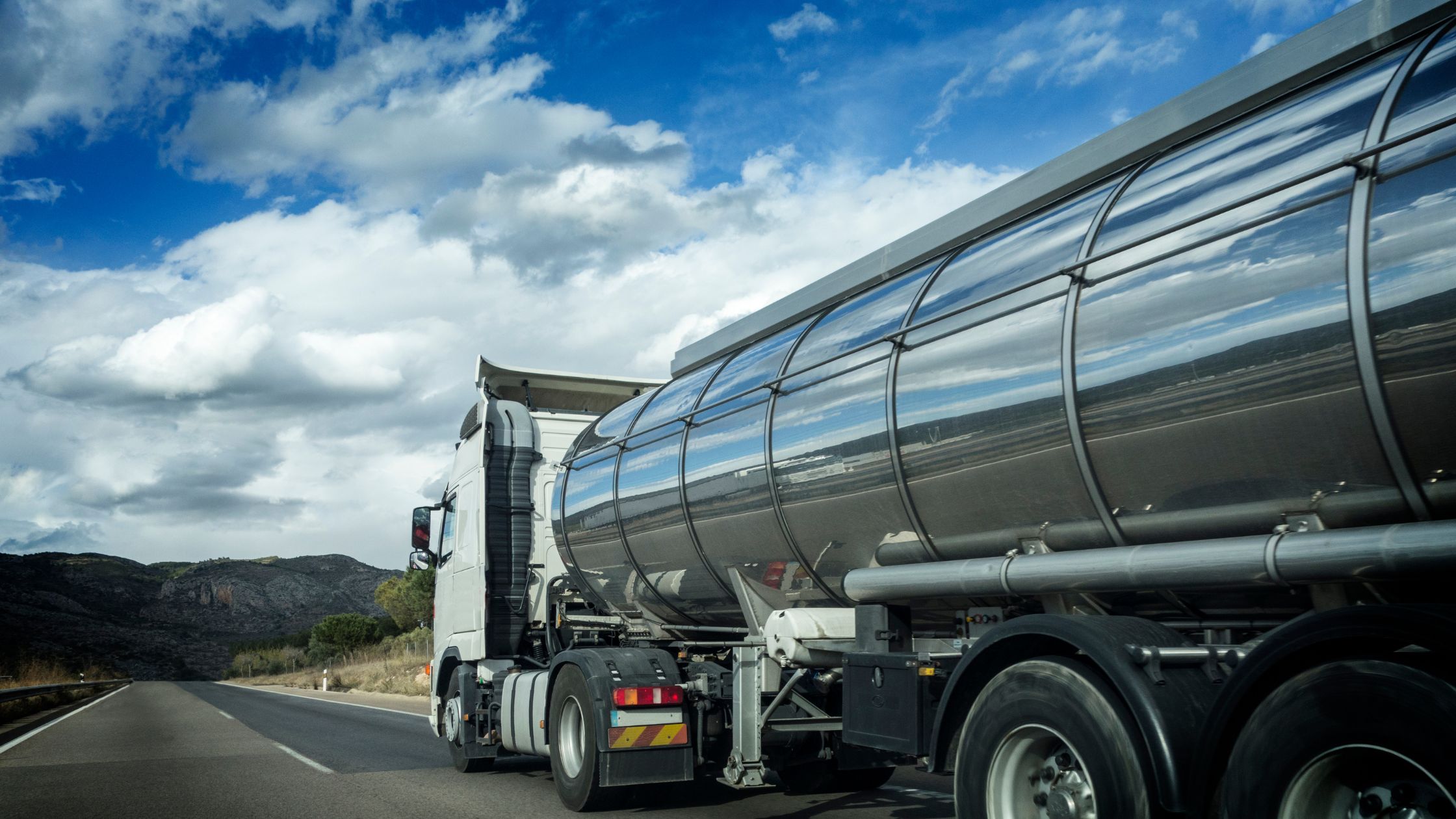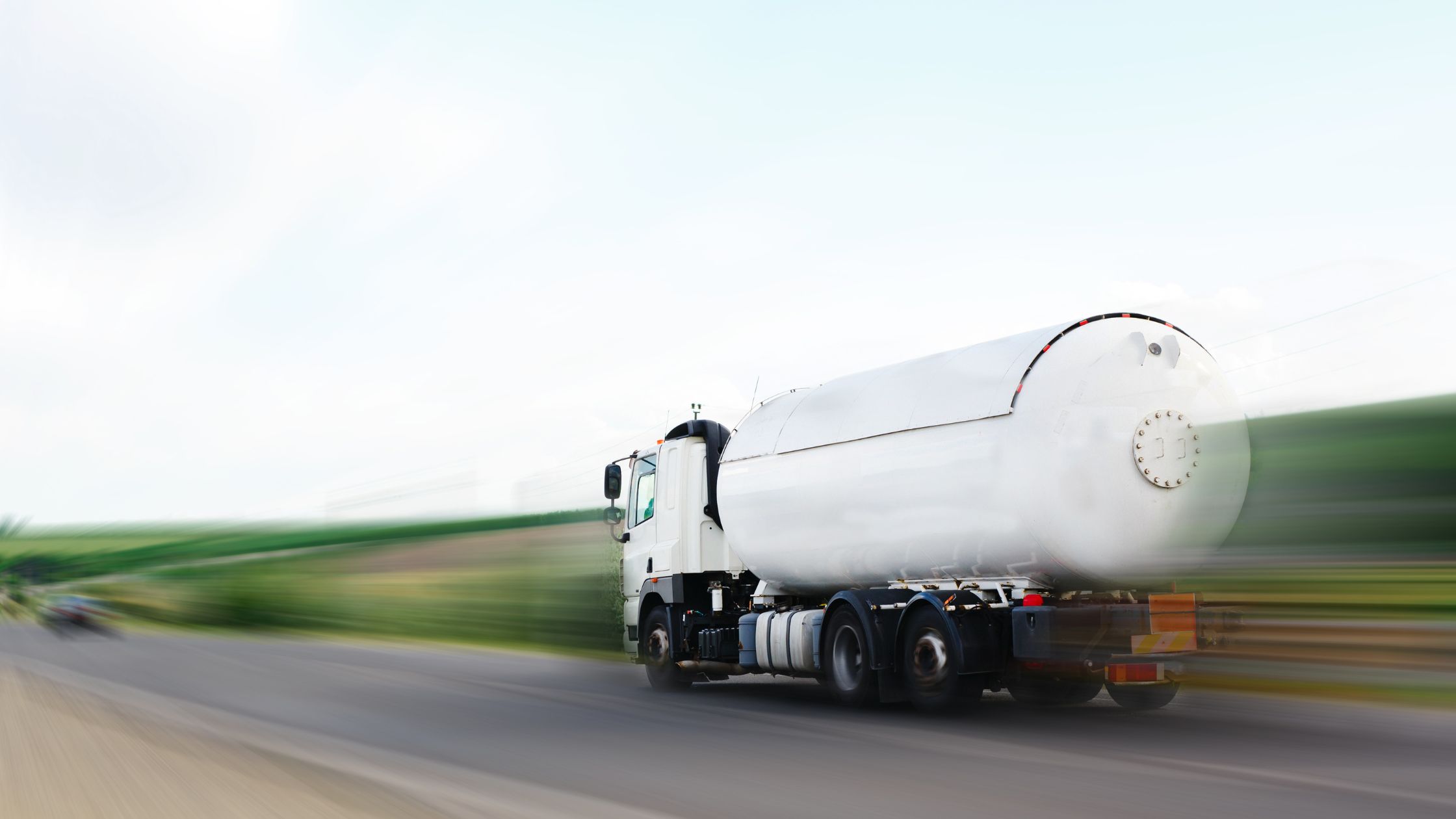In many ways, tanker trailers are the backbone of the UK. Just look back to the 2021 fuel crisis when we were all waiting in long queues, just in the hope a fuel tanker would arrive shortly. Of course, with so many different types of tanker trailers available in the UK, each has been designed for a specific purpose or sector.
Whether you’re in the market for (or selling) a vacuum, bulk powder, tipping silo, stainless steel 316 or 304, food, chemical ADR, or petroleum tanker, understanding the nuances of each is crucial. In this detailed guide, we’ll explore tanker trailers and their purposes, shedding light on their unique features before providing insights into the buying and selling process.
Why Tanker Trailers Keep Society Moving
From those on the outside of the haulage industry, tanker trailers often go unnoticed in the vast landscape of transportation, yet they are essential for the seamless functioning of modern society. From ensuring the continuous flow of fuels and chemicals to food-grade products. In the energy sector, petrol and oil tankers keep our economies moving, while in agriculture, liquid fertiliser tankers contribute to abundant harvests. Chemical tankers support manufacturing, healthcare, and innovation by transporting raw materials for countless products. These silent contributors reflect the interconnectedness between different sectors, but ultimately, they keep us moving on.
Food Tankers: Ensuring Safe Transport
Food tankers are designed to guarantee the safe and sanitary transport of consumable goods. These tankers play a crucial role in the food supply chain, ensuring that products reach their destinations in optimal condition. They’re built to last, with the following points in mind:
- Hygienic design – food tankers are constructed with materials and designs that prioritise hygiene, preventing contamination during transportation.
- Temperature – there are many food products that require specific temperature conditions. Much like cold rooms, food tankers often come equipped with refrigeration or heating systems to maintain the desired temperature throughout the journey.
- Compliance with regulations – Food tankers adhere to strict regulations and standards to ensure the safe transport of edible goods, meeting both national and international food safety guidelines. This will include sealed compartments to prevent contamination, with the ability to carry out detailed cleaning processes between trips.
Chemical ADR Tankers: Meeting Safety Standards
Chemical ADR tankers are impeccably engineered to meet rigorous safety standards in transporting hazardous materials. This specialised category ensures the secure transport of chemicals, complying with stringent regulations and certifications. Equipped with advanced safety features, these tankers also prioritise containment and prevent leaks or spills during transit. The design adheres to the European Agreement concerning the International Carriage of Dangerous Goods by Road (ADR), emphasising airtight seals, reinforced structures, and emergency response systems.
Petroleum Tankers: A Necessity, Navigating the Oil and Gas Industry With Ease
Petroleum tankers stand as essential assets in the robust realm of the oil and gas industry, purposefully constructed for the efficient transportation of liquid fuels like petrol and diesel. It’s often during the most challenging situations (where delayed deliveries exacerbate shortages) that people appreciate these vehicles and the men and women who operate them. Events like the coronavirus pandemic, the war in Ukraine, and the cost of living crisis have deeply impacted this sector, underscoring the vulnerability of fuel supply chains. The ability of these tankers to navigate challenges and maintain consistent deliveries is pivotal for averting fuel shortages, emphasising the pivotal role they play in ensuring energy stability amidst global uncertainties.
Stainless Steel 316 or 304 Tankers: Resilience and Corrosion Resistance
So now we come to stainless steel tankers, particularly those built from grades 316 and 304. These stand out for their strength, durability and corrosion resistance, including corrosive substances and chemicals. Ultimately, this makes them a dependable asset for carrying liquids that might otherwise compromise the integrity of conventional materials. From transporting aggressive chemicals in the chemical industry to handling food-grade products in the food and beverage sector, these tankers offer versatility and reliability.

Buying the Right Tanker
If you’re in the market to buy a tanker trailer or replace your existing semi-trailer, making the right choice is crucial. Whether your focus is on vacuum, bulk powder, tipping silo, stainless steel, food, chemical ADR, or petroleum tankers, it’s best to think carefully about the following:
- Cargo Type: Identify the specific materials you’ll be transporting. For example, stainless steel may be ideal for corrosive materials, while food-grade tankers require hygienic materials. Certain materials are classified as hazardous, requiring specialised tanker designs to meet safety regulations. Knowing your cargo type ensures adherence to legal and safety standards, minimising the risk of accidents or environmental harm.
- Capacity Requirements: Determine the volume of cargo you need to transport regularly. You obviously need to opt for a tanker with the appropriate capacity to meet your day-to-day needs.
- Safety Features: Focus on safety, such as emergency response systems, sealed compartments, and compliance with industry regulations, especially for hazardous materials.
- Loading and Unloading Efficiency: Time is money. Evaluate the tanker’s design for efficient loading and unloading processes, ensuring streamlined operations so you can drive efficiency with every trip.
Selling Your Tanker Trailer: A Seamless Process with Truck Trading
Advertising on marketplace websites and scanning eBay or auction houses to see what they make is, without a doubt, a good starting point, however, to sell a tanker trailer quickly and efficiently, it may be best to go right to one of the leading firms buying trailers on a daily basis, like our team here at Truck Trading. You can wave goodbye to seller fees or advertising costs, simply send us the details of your trailer and will give you a free, fast and fair valuation. If you’re happy with the price, we’ll arrange a collection at a time that suits your needs whilst we can also provide same-day payment.
More questions? We may have you covered:
How many litres does a petrol tanker hold in the UK?
Petrol tanker capacities can vary, but in the UK, the common range is between 35,000 to 44,000 litres. The specific volume depends on the tanker’s design, size, and intended use.
How does a petrol tanker work?
Petrol tankers operate on a simple yet effective principle. The tanker is equipped with a pumping system that allows for the loading and unloading of liquid cargo. The pumping mechanism ensures a controlled flow of fuel, maintaining safety and efficiency throughout the transportation process.
How are fuel tankers filled?
Fuel tankers are ‘loaded’ by connecting the tanker to a loading point, typically at a refinery or depot. The process is carefully monitored to control the flow of fuel and prevent spillage or overfilling. Modern tankers often feature advanced loading systems to enhance efficiency and safety.
Where can I buy a tanker trailer in the UK?
At Truck Trading, we buy and sell tanker trailers, as well as many other types of semi-trailers, trucks and tractor units. Our goal is to make the process of buying and selling a trailer hassle-free – a smooth transaction from quote to collection. Buying a new tanker trailer doesn’t have to be daunting. We have many used tanker trailers for sale, and if you’d like the most up-to-date information on the stock we have, simply call our friendly team.
Conclusion
In conclusion, understanding the nuances of petrol and oil tankers is essential for anyone involved in the logistics industry or considering an investment in these specialised vehicles. From the intricacies of their operation to the considerations involved in buying and selling, we explored their pivotal role in sustaining societies by seamlessly transporting fuels, chemicals, and consumables. As we conclude, there’s one key piece of information to keep in mind: whether you’re a seasoned professional or a newcomer, research is powerful. Buying the right tanker trailer (or selling your existing trailer) should not be rushed. There are lots of factors to consider, and if you need any help or assistance, please get in touch with our friendly team today on 0161 432 1477 or 07540694069.






